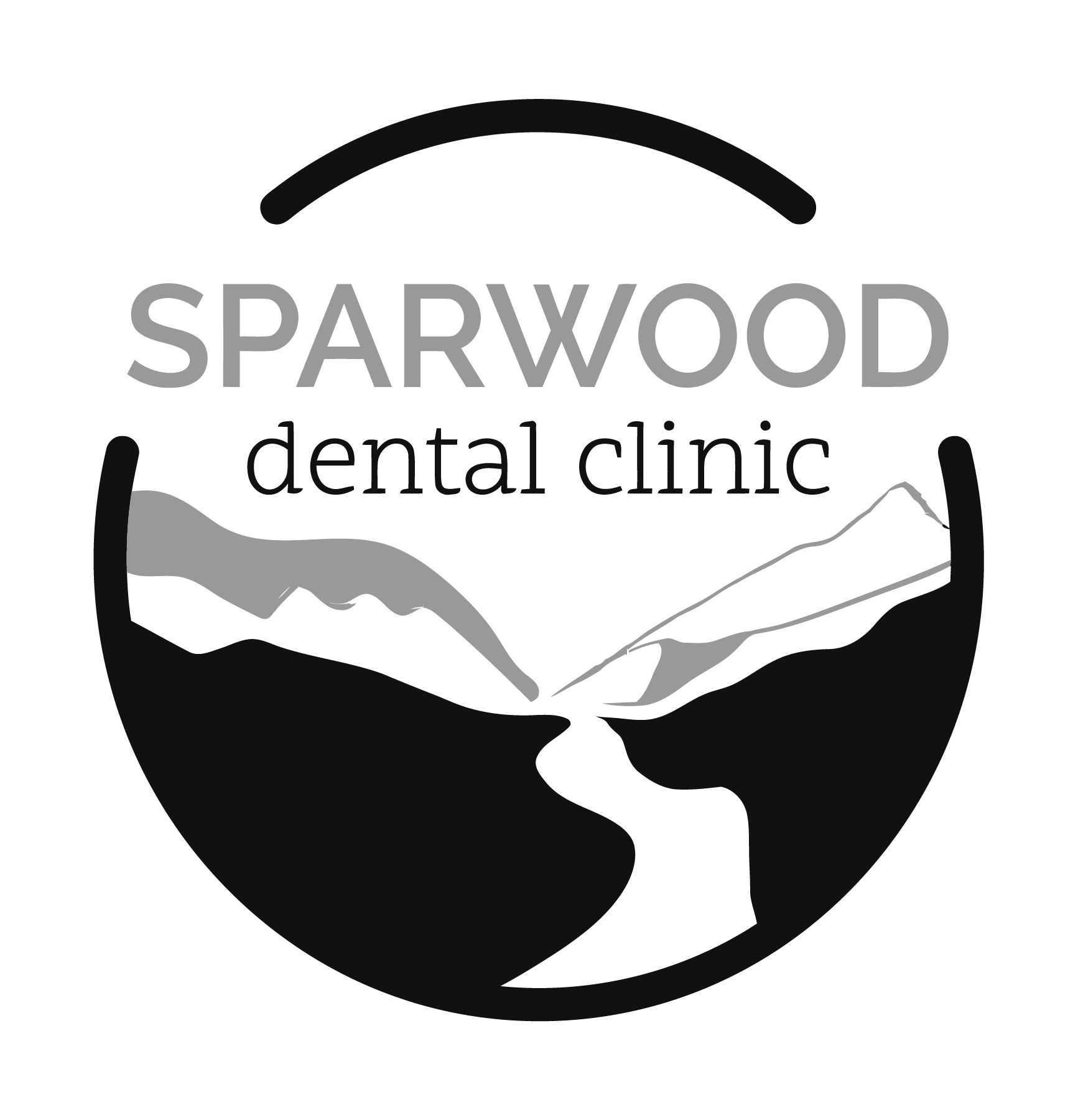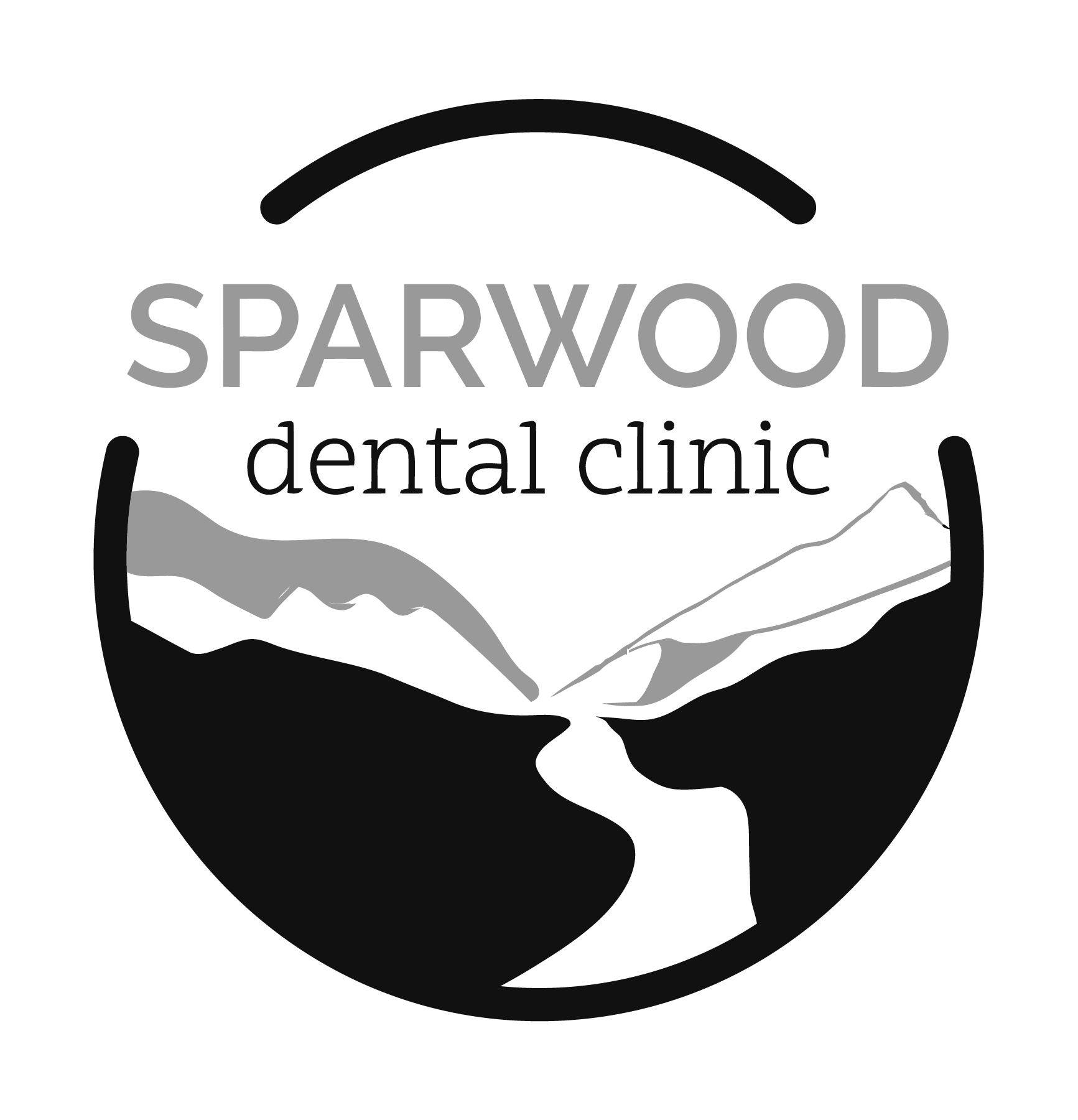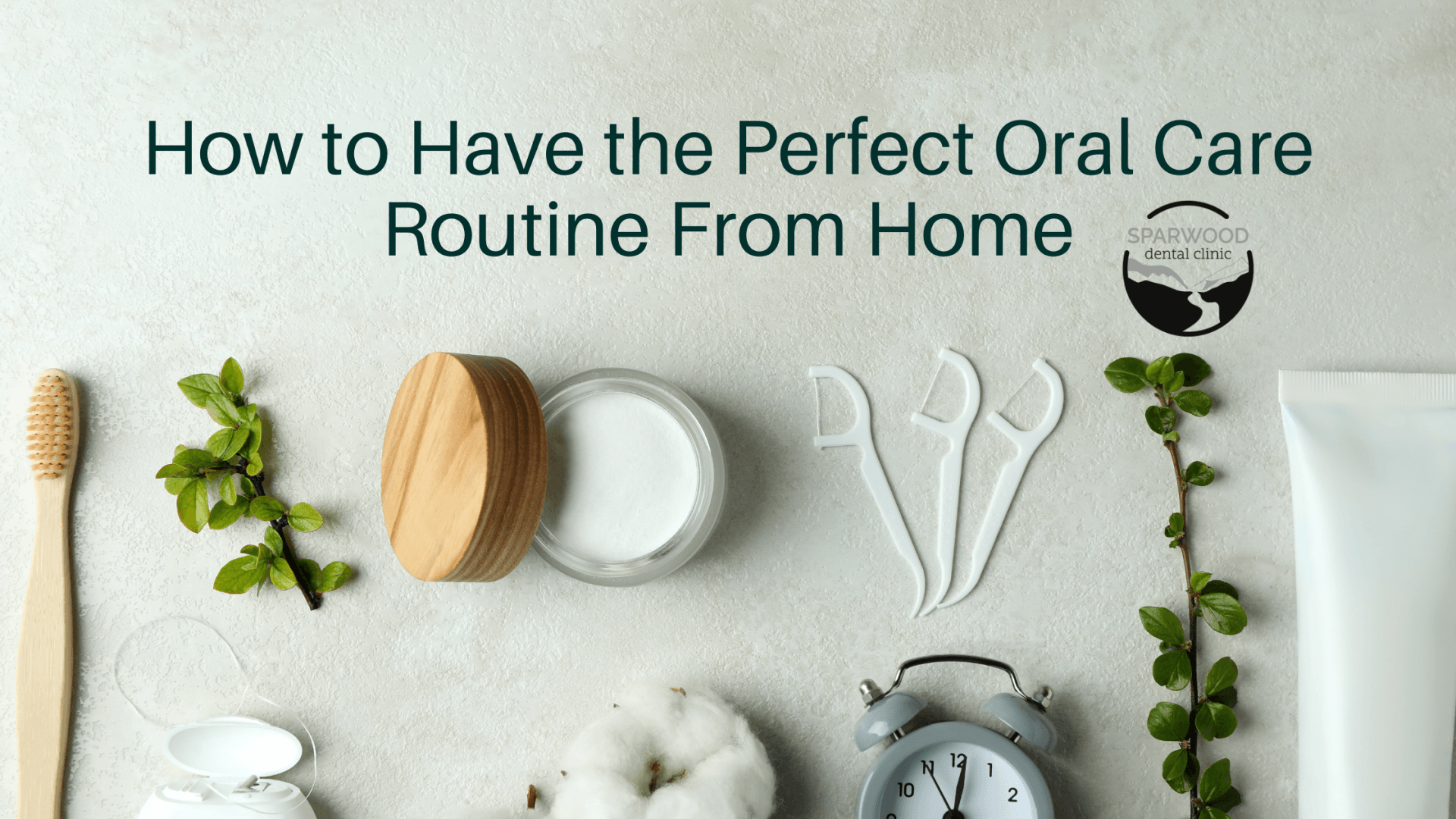How to Have the Perfect Oral Care Routine From Home
Developing an ideal oral care routine to follow at home might not seem like a task of the utmost importance, but, in actuality, a home care practice is just as vital as your office care methodologies, if not more.
Your oral hygiene is integral to your general health, as gum disease can result in a number of concerns, including stroke, diabetes, heart disease, pre-term labor, and Alzheimer's.
Luckily, with a few confident decisions and consistent habits, you can create an oral care plan from home that will prevent any problematic health scenarios.
How to select the right at home dental tools
Choosing A Toothbrush
Before concerning yourself with the details of the oral care routine, you must select a toothbrush that is both effective and non-abrasive. A hard or medium-bristled brush, for example, can grind your teeth and eventually cause issues. With a soft-bristled brush, you can get the best of both worlds; an efficient cleaning without the potential negative impact. Also, be certain that you change your toothbrush after two to three months of usage, especially if the bristles become frayed.
Picking A Toothpaste
Next, you will want to settle on a suitable toothpaste, one that will adequately take care of your teeth. Generally, a toothpaste with fluoride is recommended because it prevents tooth decay and decreases the rate of progression from already-existing decay. Carefully observe the ingredients in the toothpaste before finalizing your decision, since a number of products labelled as "natural" do not contain fluoride.
Brushing Smartly
Brushing with excess force does not do any favours for your teeth or gums, so be sure that you employ a bit of technique instead. You can achieve this with a three-step approach: using a small amount of pressure, tilting the brush at a 45-degree angle against the gum line and brushing in a short, circular motion. Begin with the back teeth, where the nooks and crannies in the molars make them more vulnerable to gum disease or cavities, and work your way forward. Your tongue, a possible source of plaque and other oral health problems when neglected, should be gently brushed, too.
Timing Your Brushing
Studies indicate that a significant number of people brush their teeth for an average of 43 seconds. Pushing that time up to two minutes per brushing, you can, to a considerable extent, prevent tooth decay and gum disease. At the same time, don't brush too often because it can produce more harm than good for the gums and enamel on your teeth. Brushing twice a day, preferably in the morning and later at night, is a sufficient schedule to abide by. Should you be insistent on taking oral care action after each meal, rather than brushing, go ahead and rinse your mouth with water, ensuring that the liquid gets between your teeth and dislodges any food particles.
Selecting A Dental Floss
You would be advised to add a dental floss into your home oral care routine. For compact teeth, thinner floss is preferable because it will fit into those tight spaces with ease. Single-strand options, the thinnest floss available, are great for this purpose. An alternative is a waxed product, which many people believe aids the gliding motion of the floss as it works its way through those crammed spaces. Those who have larger gaps between their teeth should aim for a thicker variety, such as a weaved floss that has several strands woven together, or dental tape (a flat ribbon of nylon).
Finding A Mouthwash
While brushing and flossing twice a day is crucial to your oral care routine, rinsing with an antimicrobial mouthwash, such as Listerine Antiseptic Mouthwash, can further enhance your oral hygiene. Once you've brushed and flossed, swish the mouthwash for 30 seconds to help eliminate more oral bacteria and fight off plaque.
How to care for your oral health
Cleaning Your Toothbrush Holder
Much like your toothbrush should be changed every two to three months, its holder, and your oral hygiene, would benefit from a regular, thorough scrubbing. According to a study from the National Sanitation Foundation, the toothbrush holder is the third germiest household item, surpassed only by the dish sponge and kitchen sink. Every week, reserve a spot for it in the dishwasher or wash it in hot, soapy water before finishing the job with a disinfecting wipe.
Watching What You Eat
Sugary snacks are detrimental to your oral health over an extended period, making it essential that you limit such consumption. There are raw, fibrous foods (cucumbers, apples, celery, carrots, lettuce, and pears) that help your teeth maintain that white glow by scrubbing the surfaces and removing some of the built-up plaque. Additionally, due to the extra chewing time that these foods demand, they stimulate saliva, helping neutralize acids that can possibly erode your teeth.
Steering Clear Of Tobacco Products
Cigarettes and smokeless tobacco products put you at a greater risk of encountering oral cancer, gum disease, tooth discoloration, poor breath, cancers of the larynx, pharynx and esophagus, and various other oral health problems. Needless to say, tobacco products should be avoided at all costs for the sake of your oral health.
Knowing What Signs Are Worrisome
In order to prevent gum disease and other oral health concerns, regularly schedule dental cleanings and examinations. Observe your mouth during your oral care routine to confirm that there are no abnormalities. Some indicators of oral health issues to be wary of are: red, tender or swollen gums; gums that experience bleeding when you brush or floss; gums that start pulling away from your teeth; loose teeth; sensitivity to hot and cold foods; painful chewing; and an unusual taste in your mouth. Immediately contact our team if any of these signs or symptoms are detected.
Sticking To Your Routine
Having finalized your routine and constructive tendencies, continue following it on a regular basis. Eventually, because of the fact that you created a blueprint to utilize, it will be firmly established within your schedule and feel like a natural part of the day. To keep that great momentum going, you should share this newfound knowledge with your family members and encourage them to follow your oral care routine as well.







